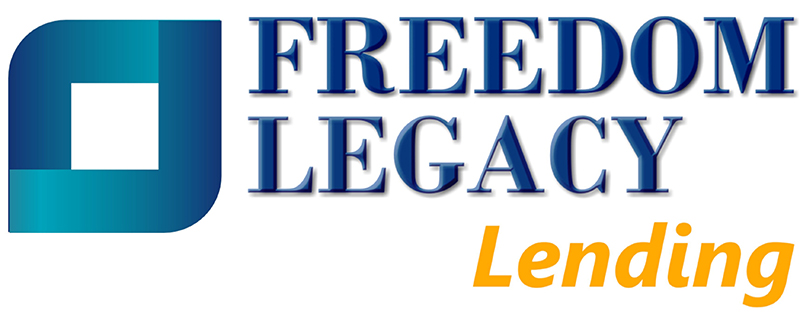

Small business loans are used for business expenses. While some loans are for general business funding, other small business loans are for specific uses, such as working capital, commercial mortgage, or the purchase of new equipment or furniture.
Types of Small Business Loans
Term loans. A business term loan offers a lump sum with a fixed term and repayment amount. With each payment, you'll pay the principal and interest.
Business lines of credit. Business lines of credit are very similar to credit cards and offer a lot of flexibility. With a business line of credit, a lender approves you for a revolving line of credit with a maximum limit you can borrow. Similar to credit cards, you’ll be charged interest for the amount of money you draw, not on the maximum limit.
You can access your line of credit for any of your business needs, whether it’s to purchase inventory or equipment, invest in marketing or manage fluctuations from seasonal sales. As long as you make the minimum payments and don’t go over your limit, you can use your line of credit and repay what you borrowed for as long as you like.
Equipment loans. Equipment loans can be used to purchase and spread out the cost of a large piece of machinery or equipment for your business. The down payment can be up to 20%, but some loans may be available with no down payment. Usually, the equipment serves as collateral for the loan. Instead of taking out a loan, you may also have the option to lease equipment.
Invoice financing. If your small business struggles with cash flow issues because you’re waiting on invoices to be paid, you can use invoice financing, also known as factoring. With invoice factoring, you sell your unpaid invoices to a lender at a discount. The lender will provide you with the majority of the amount owed on the invoice upfront and hold a portion of the outstanding amount (usually 20%) until the invoice is paid.
You should carefully weigh the costs when considering invoice financing. There is a fee that is based on a percentage of the invoice, plus interest charged on the cash advance.
Merchant cash advances. If you need cash immediately, a merchant cash advance can provide access to capital. With a merchant cash advance, the lender provides you with a lump sum of cash in exchange for a portion of your future sales. You’re responsible for paying the amount of the loan plus fees.
You repay the advance with either a portion of your future credit and debit card sales, or with fixed daily or weekly transfers from your bank account. Your fee is determined by a risk assessment, with lower fees for lower-risk borrowers. Because of the high interest rates which can be in the triple digits, merchant cash advances are not recommended.
Commercial mortgage loans. The money borrowed from a commercial mortgage loan is used to buy, develop or refinance commercial property such as a warehouse, mixed-use building or retail center.
Franchise loans. If you want to purchase or expand a franchise, a franchise loan can help you pay for it. Franchise loans can be used for standard business opening expenses and franchise-specific expenses such as marketing fees or the franchise fee, which is paid upfront to open a franchise. While you can finance a franchise with a traditional term loan, some lenders that offer loans specifically for franchises. Some franchisors may offer funding to help you establish your franchise.
